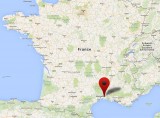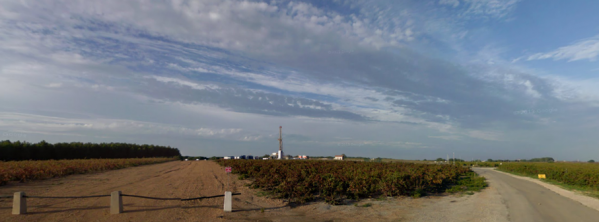The GEOTREF project seeks to implement and exploit micro-seismic measures, which, on fractured reservoirs are still very poorly exploited. These will make it possible to improve knowledge about:
- The geomechanical characteristics of fractured reservoirs,
- Their geomechanical behaviour based on the flow conditions,
- Preferential flow paths in fractured environments whose evolution over time, according to physico-chemical phenomena, is a major concern in high geothermal energy.
Beyond establishing a better understanding and characterization of fractured geothermal reservoirs, it will also be necessary to address micro-seismic monitoring in terms of risk as well as the exploitation of the deposit.
The GEOTREF project therefore aims to develop methods for the recovery of the micro-seismic data in geothermal energy. To achieve this, a micro-seismic experimentation phase is planned to test the equipment and methods to be transposed in a second phase on the demonstrator in Guadeloupe.

Location of Vauvert salt site
The Vauvert salt mine was selected for this micro-seismic experiment. The nature of induced seismicity (magnitude <0), the depth of the objectives (approximately 2000 m) and the availability of deep wells, make the Vauvert salt mine a unique test site for the study and the development of “passive seismic” techniques.
The provision of this site by KEM ONE company will make it possible to deploy:
- Deep well sensors,
- Subsurface antennas,
- Subsurface sensors.
The analysis of induced micro-seismic data will then be transposed for the characterization and modelling of the fracturing.

Vauvert salt site
